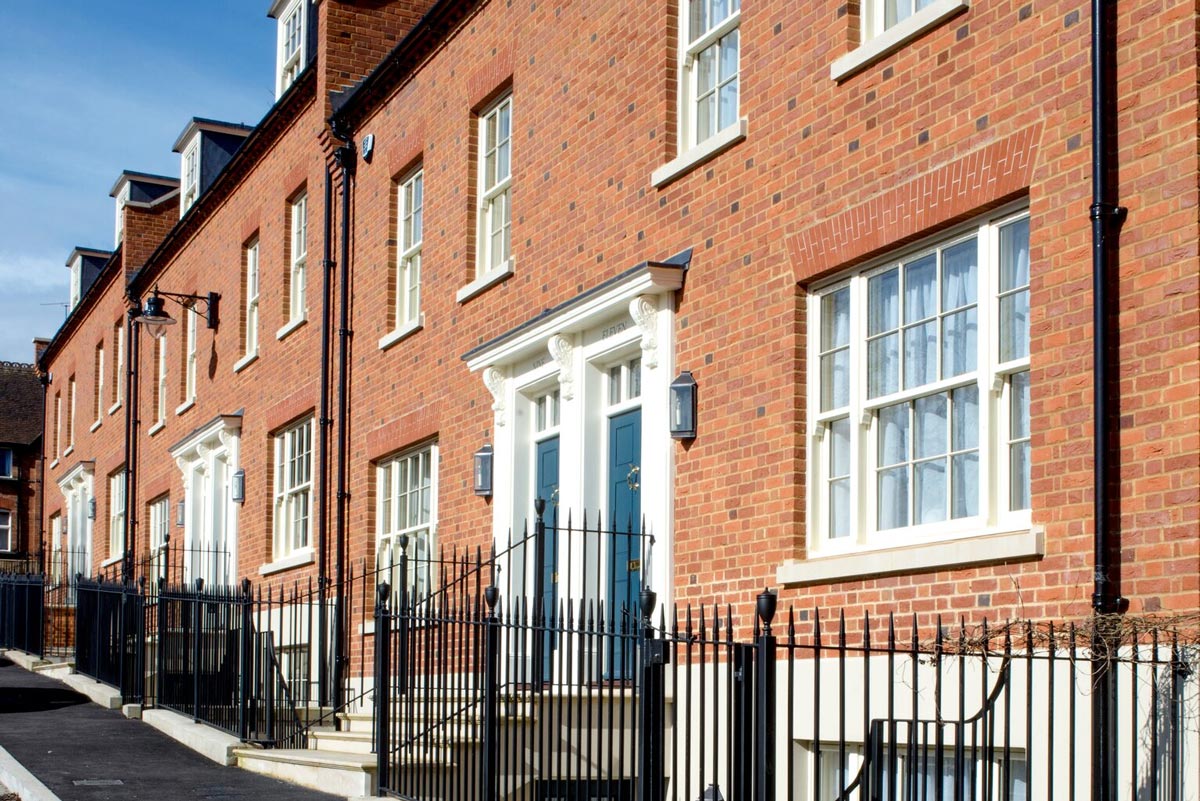Our Work
The economic and social contribution of estates is significant, varied, and has been recognised by successive Governments. It is the combination and scale of assets, held in both land and in other property, combined with dedicated and effective management, that enables estates to take a responsible approach to private ownership and have a positive influence on their communities. Members aspire to function as successful commercial businesses, whilst recognising that their sustainability is inseparable from the prosperity of their local communities.
Housing and development
Estates are frequently principal providers of local services and community involvement in planning the provision of amenities, workplaces and affordable housing is essential to the way in which estates are managed and maintained.
Social
For generations both urban and rural members have provided community buildings, village halls and sports facilities for groups and societies within their community.
Environment
All members are characterised by a long-term interest in the land, the buildings and the people that make up the their estates.
Cultural
Estates act as guardians of a wide spectrum of Britain's social, political and artistic past, collectively embodying living history sustained with little resource to state aid.
Leisure & Public Access
Member estates provide large amounts of public access, either at visitor attractions, via public rights of way across land or at charitable events.
Employment, education and training
EBG estates are substantial businesses and frequently the principal employer in their local communities.






